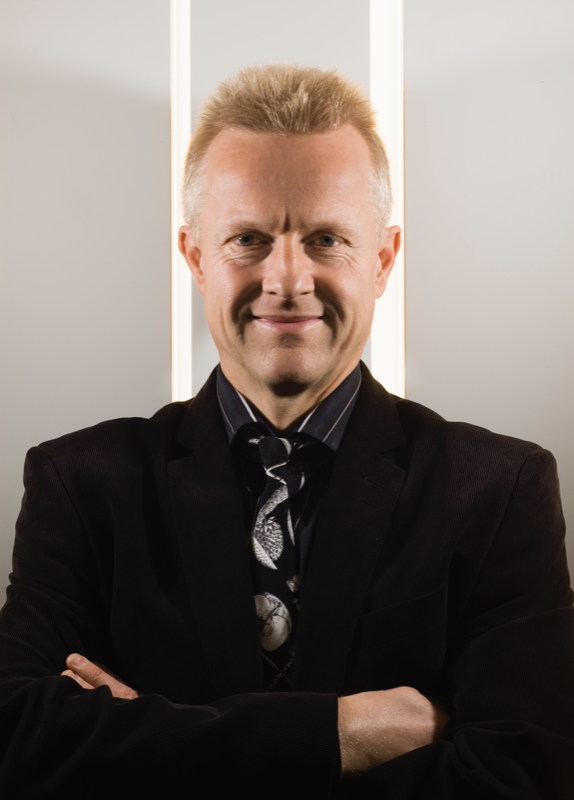better Future economics
Economists are at a loss. In a rapidly changing world poring over historic data is not always the best way to interpret the present or forecast the future. Therefore new crises too often come as a surprise.
Before Corona we economists were confounded by low inflation despite tight labour markets, and slow productivity growth despite rapid innovation. Many have a creeping suspicion that economic statistics are becoming less reliable, and even the main measures of economic activity such as GDP may miss more than they reveal in an increasingly digitized and virtual world.
After Corona predictions based on historical data are even less trustworthy. Accelerating digitalization will exacerbate the challenge of measuring economic variables. Consumption may shift toward virtual activities that are scarcely accounted for. Consumers and producers may spend more on various dimensions of security such as vacationing or producing closer to home. In economic statistics these will give an impression of lackluster consumption or lower productivity growth.
Economics is not just about measuring. Even more important is a framework for separating good policies from bad in a post-corona digital world.
New tools are needed to understand the world of the future.
Predictions about the future can be dismissed because they are uncertain. Yet an analysis of likely or possible future upheavals turns policymakers perspective from what worked in the past to what can work in various future circumstances that may arise. This kind of out-of-the-box view of shaping economic policy has served some countries extremely well. Better Future economics aims to explore innovative policies for future economic development.
Stefan Fölster, director of better Future Economics
Stefan Fölster has deep inside experience of international finance and economics. He has been on the board of large financial institutions, been chief economist of the Director of the Confederation of Swedish Industries and professor of economics at several universities. He is also author of internationally celebrated books on how finance, politics and corruption create an explosive concoction. His book “The Public Wealth of Nations” was named best book of the year 2015 in the Economist and the Financial Times.

